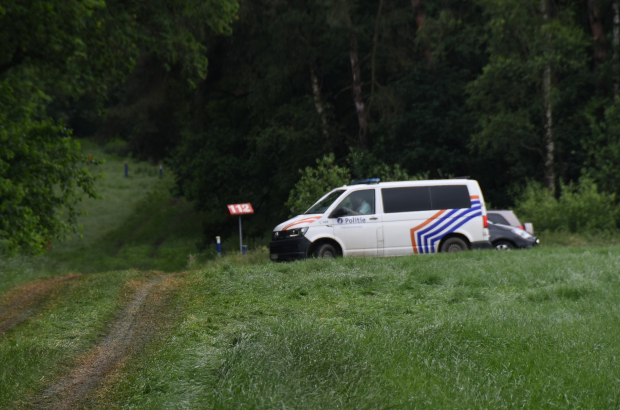- Daily & Weekly newsletters
- Buy & download The Bulletin
- Comment on our articles
Military watchdog says ‘serious errors’ in Jürgen Conings case point to structural chaos
The military’s intelligence and security service (SGRS) made ‘serious errors’ in the Jürgen Conings case, says Committee I, the government commission that oversees the service. Moreover, the situation is emblematic of a broader problem with security services in Belgium, according to the committee.
In May, the Belgian soldier Jürgen Conings stole rocket launchers and a submachine gun from a depot in Leopoldsburg, leaving behind notes threatening suicide as well as violence against the government in general and virologist Marc Van Ranst in particular.
A manhunt commenced, with military personnel searching for Conings for weeks in and around the Hoge Kempen national park. On 20 June, Conings’ body was discovered not by the military but by the mayor of Maaseik, who was biking in the park. He noticed a smell that he thought was indicative of a dead body and notified police. Conings’ death was ruled a suicide.
The 46-year-old soldier had been vocal in his criticism of government measures to prevent the spread of the coronavirus and was involved with neo-Nazi movements. In fact, he had first made threats against Van Ranst last year.

Defence minister Ludivine Dedonder (PS) is speaking to parliament today in light of the damning report by Committee I ©Eric Lalmand/BELGA
Coning’s name appeared on a list of potentially dangerous extremists compiled by Belgium’s Co-ordination Unit for Threat Assessment (Cuta). He was the only member of the military on the list.
The damning report by Committee I points to an ongoing problem with Belgium’s security services, and particularly this branch within the military. The report, which refers to the intelligence and security department as “neglected,” has not been released to the public, but VRT news was able to review it.
Committee I lists the most serious problems in state security services:
- A structural shortage of personnel and a high turnover that results in the loss of proficiency and experience
- Jürgen Conings himself was not sufficiently monitored by his own intelligence department
- There is little to no system of information exchange between intelligence services and within the entire defence department
- There is no policy or training regarding extremism within the military
A year ago, according to Committee I, the state security service, the public prosecutor and Cuta all issued warnings about Conings, noting that he was part of “the most radical extreme-right circles” in the country. Regardless, there was no follow-up to this warning by any of the bodies, nor by the military itself.
The committee has produced a raft of recommendations for the various intelligence and security services, as well as the defence department in general. It has also reminded politicians that a similar examination was carried out five years ago, following the terrorist attacks in Brussels and Zaventem.
The report and the recommendations of the committee are being discussed in the federal parliament today. There must now be a thorough debate, said the committee, about the duties of military intelligence, something that has not been sufficiently addressed by previous governments, it says.
Photo top ©Pinfo Misuraca/BELGA















